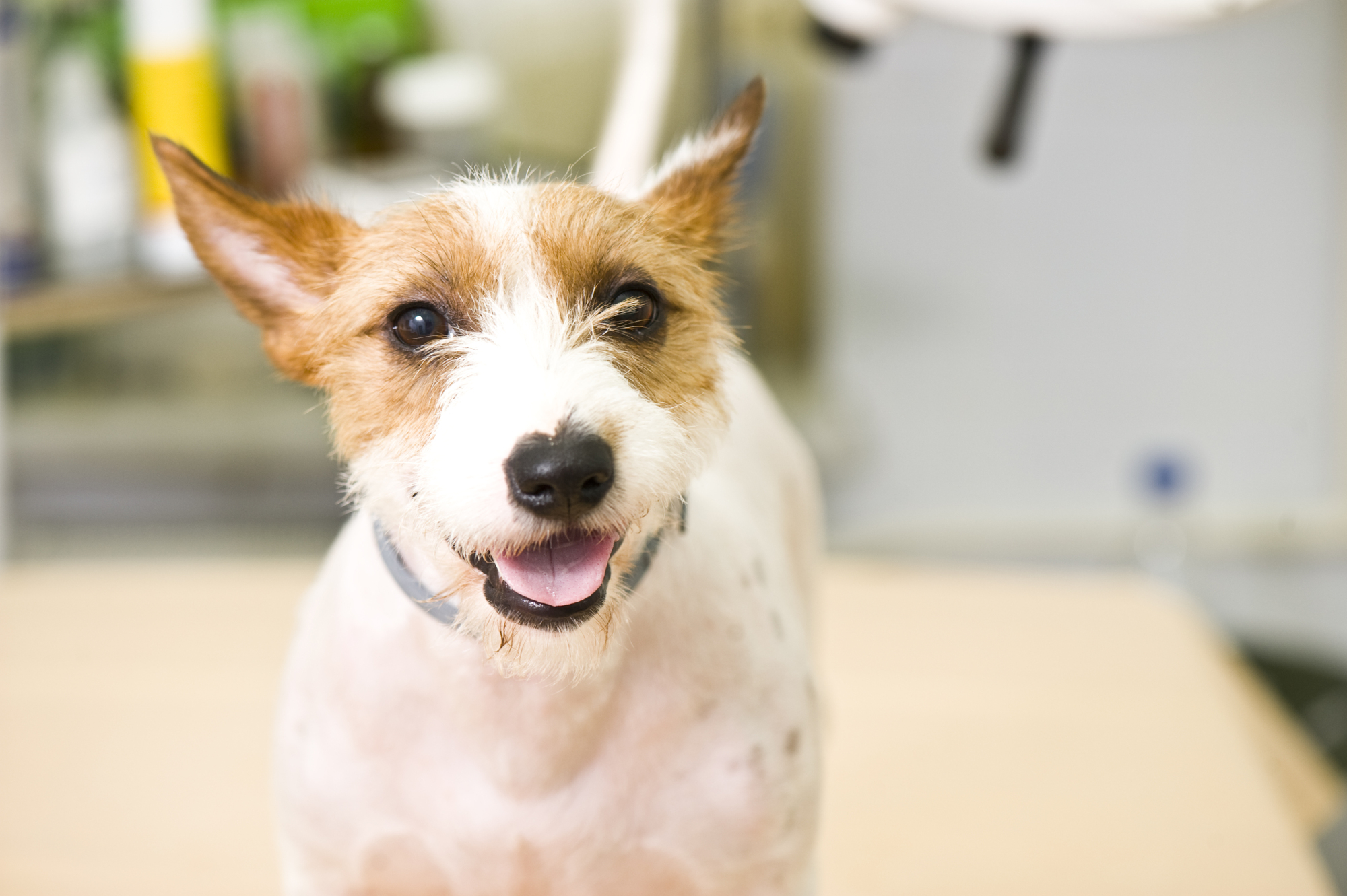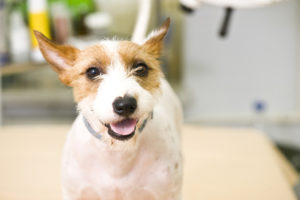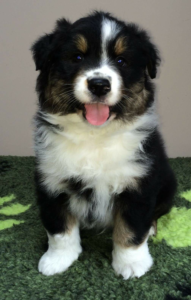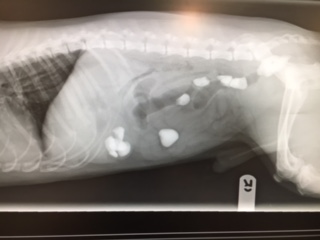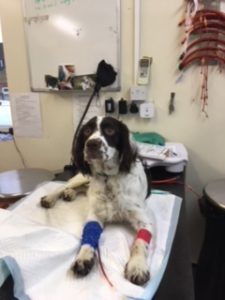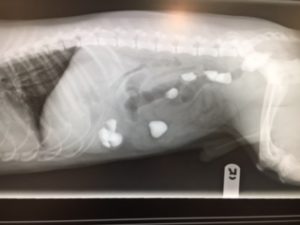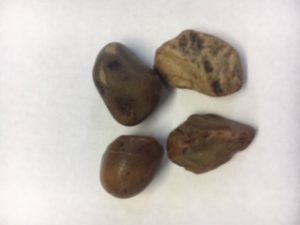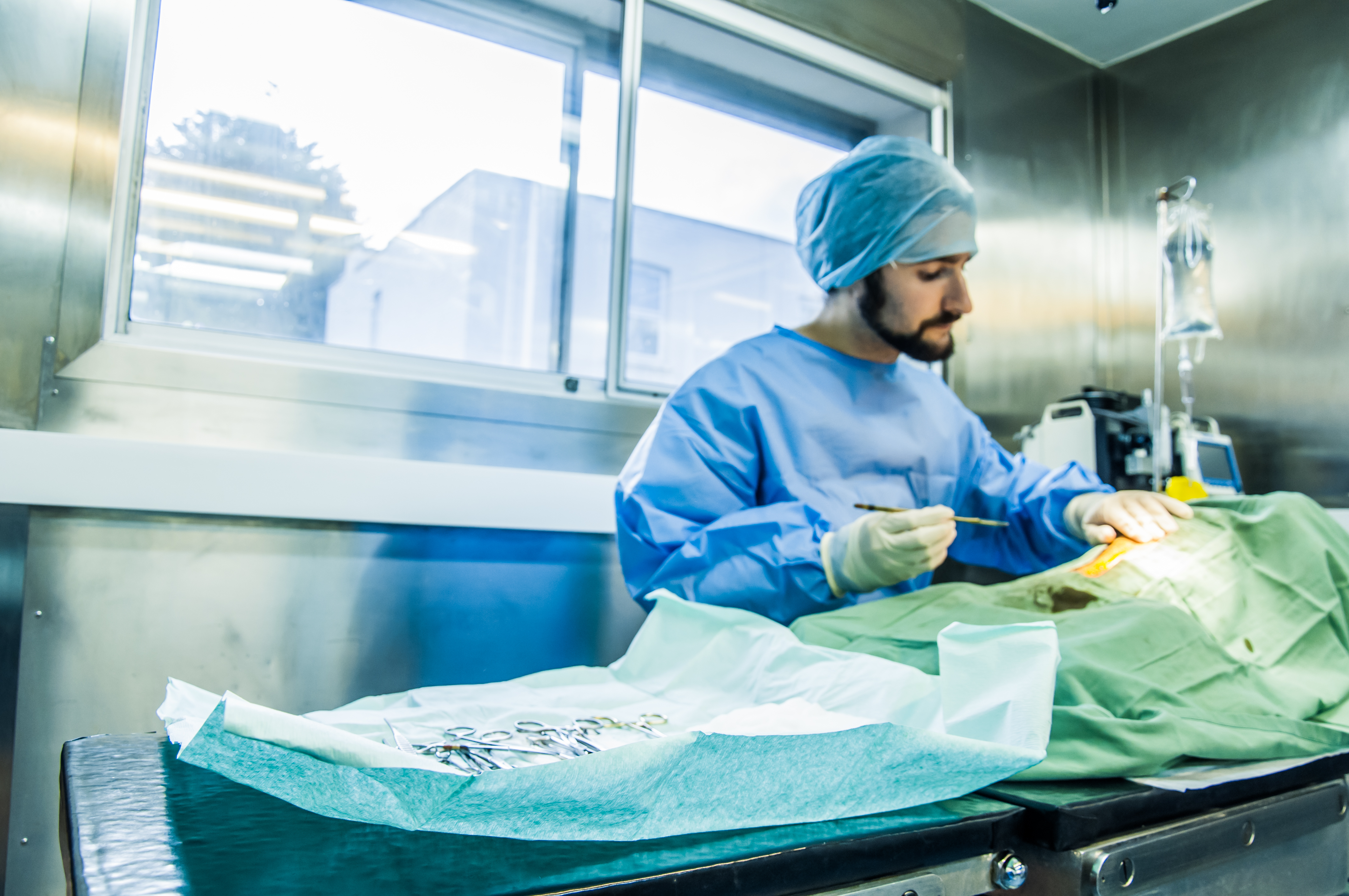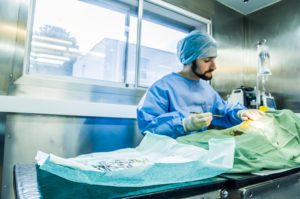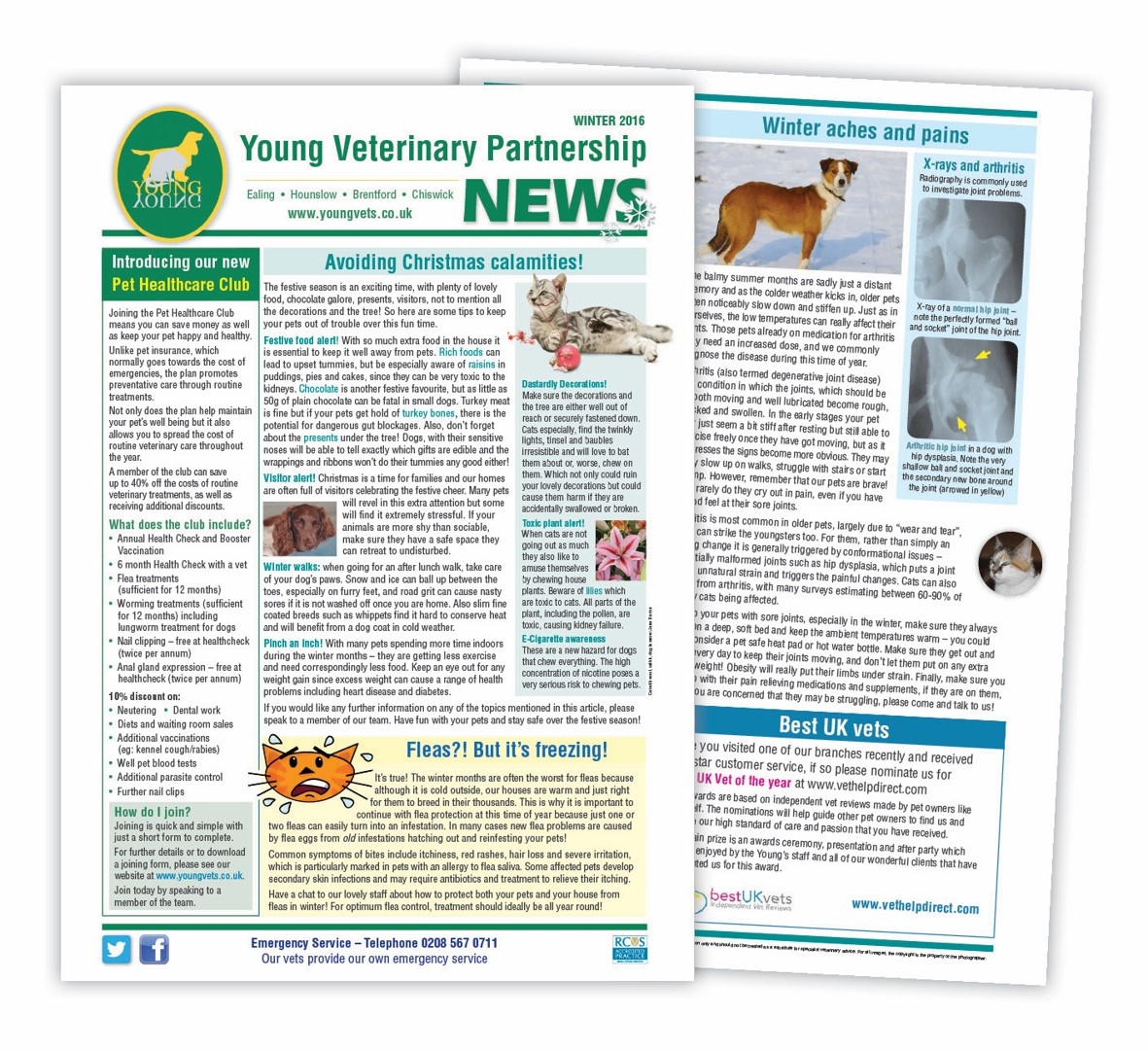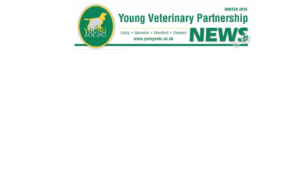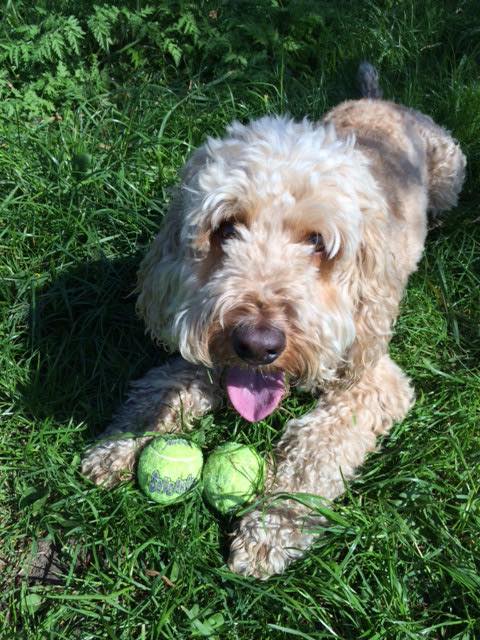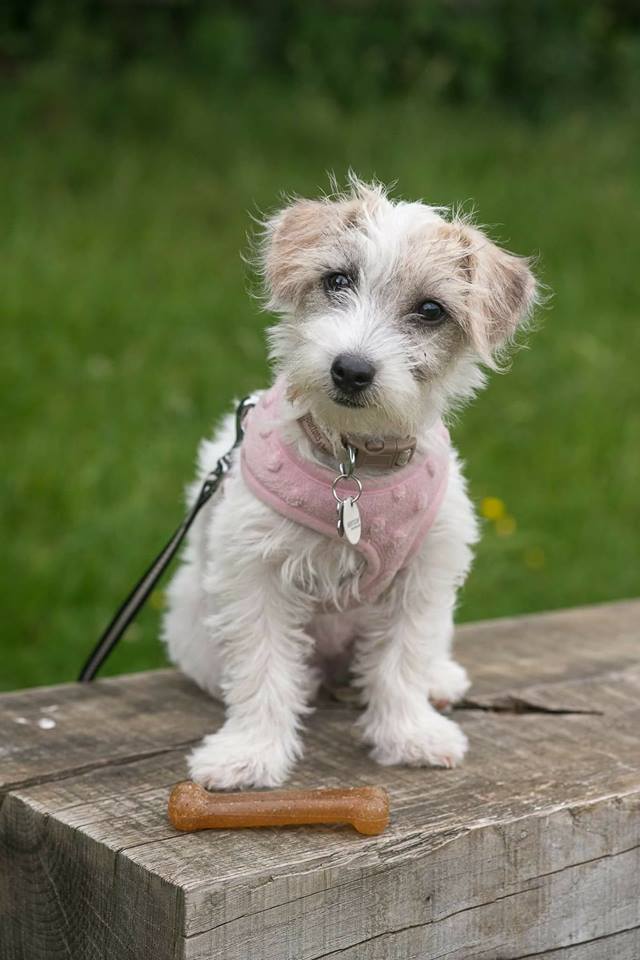Vaccinating Your Puppy.
Vaccination is a vital step in protecting your puppy from several diseases which can prove to be fatal if the puppy is left unprotected. The prevalence of these diseases will vary from country to country and so the essential vaccines that your puppy will get will be different in the UK compared to other countries.
The key diseases that your puppy will be vaccinated against are Distemper, Hepatitis, Leptospirosis, Parainfluenza and Parvo virus. Puppies can have antibodies passed on to them from their mother in the early stages of life that will help to protect them initially but as these antibodies start to wane it is important that we support your puppy in developing their own protective antibodies so that they have a head start in fighting off these diseases if they are ever exposed to them. Vaccination not only protects the individual pet but also acts to help prevent the spread of the disease with the longer-term aim of eradicating the disease.
As your puppy’s immune system is relatively immature in early life, here at Young Vets we recommend giving two injections as part of the puppy vaccination schedule in order to stimulate the immune system to produce the level of antibodies that will provide protection. The vaccination course that your puppy gets is often referred to as the primary course which is then boostered at its annual health check.
The interval between the vaccinations will vary depending on the brand of vaccine, one of our friendly team will advise you on the interval rate (it is usually around 2 – 4 weeks apart). I am sure at this stage you are very keen to bring your puppy out but we would advise that you refrain for a given period before doing so. Our team will advise you on the duration, this vary depending on the vaccine used and the age at which your puppy received its second injection. The reason for this advice from our team is not to be a party pooper, but more to do with the gradual response by your puppy’s immune system to produce antibodies to the protective level.
So, what should you expect when you go to your vet for your puppy’s first vaccination?
Remember it can be overwhelming for a new owner as well as your puppy, so in preparation you could write out any questions you have in advance of the visit so that you ensure you leave with all the answers to your questions.
Although your visit to the vet is with the intention of getting your puppy vaccinated, it is important to be aware that this visit is primarily seen as a health check which will lead to administering of the vaccination. It is important that your puppy is healthy so that its immune system can respond optimally to the vaccination to produce the protective levels of antibodies. If your puppy is not in full health our veterinary team will address the ailment and advise that you come back at a later time to start the vaccination course.
To ensure your puppy is in full health or to check the health status of your pup, our vets will check many different things throughout the consult. They will often start with a physical examination to check your puppy, starting at its head and working back. In this process, your vet is checking for any conformational/genetic abnormalities e.g. cleft palate, heart murmurs or hernias. If you have a male puppy they will also check to determine if the testes have descended. They will also check the temperature to ensure that your puppy is not showing any early signs of illness.
Following the physical exam, our team may discuss a preventative deworming/defleaing program to ensure your puppy is not affected by any parasites in the short and long term. Following the health check, if your puppy is in full health, then our vet will then give the first vaccination. The needle is small but some puppies may react with a little yelp. Rest assured that the long-term benefit of vaccination greatly outweighs the brief discomfort your puppy may demonstrate.
On returning home you may notice that your puppy is quieter than normal. This can be quite normal given the excitement of the visit plus the fact that the body is responding to the vaccine and is working hard to produce protective antibodies. This can also lead to the puppy getting a mild rise in temperature which may result in it going off its food for a short period. This does not occur in every incidence but is worth being aware of. However, if this occurs and persists for longer than 24 hours please contact our team for further advice.
After your primary vaccinations, your puppy will continue to require vaccinations throughout its adult life but we will remind you for these when your puppy is around a year old. Our reminders are completely free of charge just let our team know what suits you best – Text, email or letter.
If you have a new family member arriving soon, don’t hesitate to contact our friendly team about our Puppy Packs. These include everything you need to give your puppy the healthiest start to life.
This blog and images have been kindly supplied by petdialogue.
Written by Edwina Gildea.

